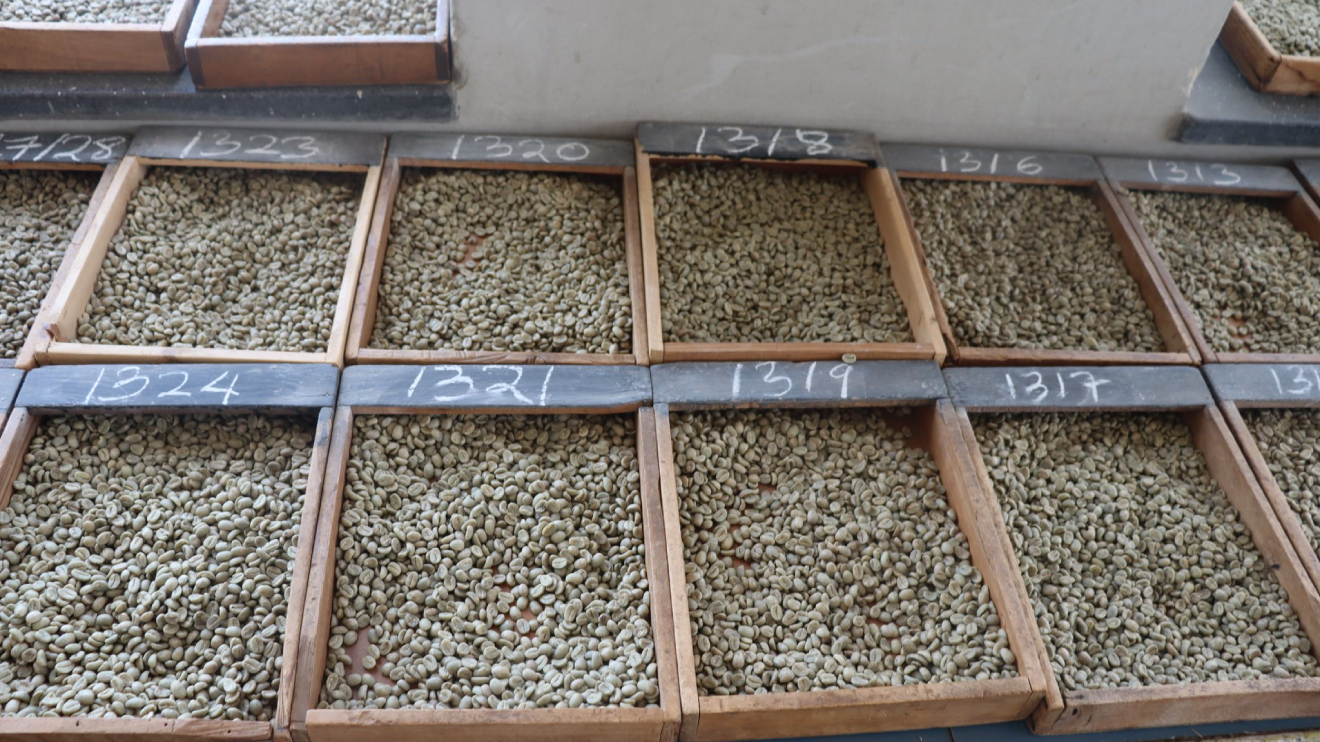Following a month-long suspension, the Nairobi Coffee Exchange (NCE) auction has reopened, ushering in a significant change for Kenya's coffee industry.
Farmers are now allowed to directly sell their coffee at the auction, a move aimed at cutting off brokers accused of profiteering.
The decision, driven by the government's efforts to empower farmers and boost the economy, is expected to reshape the dynamics of the coffee trade in the country.
Deputy President Rigathi Gachagua, addressing attendees at the reopening of the NCE in Nairobi, highlighted the importance of empowering farmers and dismantling cartels that have plagued the coffee sector.
"Once we get the prices right, once we remove the middlemen and the farmer is empowered the prices will be good, we will export and get foreign exchange earnings and sort our economy," Gachagua emphasised.
Read More
However, the reopening of the coffee exchange is not without challenges.
Major millers and marketers have chosen not to participate in the auction, resulting in a limited offering of coffee.
Only 2,705 bags of coffee have been put up for sale, showcasing the hurdles the industry is currently facing.
Agriculture Cabinet Secretary Mithika Linturi emphasized the significance of providing extension services to coffee growers to enhance productivity.
He stated, "This will help us raise the productivity from 2 kilograms per bush to increase to a target of 80 and more." The focus on proper crop husbandry and education is expected to contribute to the overall improvement of the coffee sector.
The suspension of the NCE auction came as the government undertook reforms in the coffee value chain, particularly in the issuance of trade permits.
The move was met with mixed reactions, as players in the industry blamed the government's decision for the disruption.
Nevertheless, Kenya's coffee remains highly regarded internationally, with its prices often serving as a benchmark for local pricing at the NCE.
Over the years, the coffee sector has faced challenges, including a decline in farming activity as farmers explored more lucrative options such as real estate or alternative crops like avocados.
Deputy President Gachagua acknowledged that reforms are not limited to the auction itself, stating, "We are also doing reforms on the cooperative sector because there's a problem, many society sector officials have been captured by these marketers and are on their payroll."
As the NCE auction resumes operations, the direct participation of farmers is set to reshape the coffee trade landscape in Kenya.
The move is aligned with the government's goal to empower farmers, eliminate middlemen, and bolster the country's economic prospects through increased coffee exports and foreign exchange earnings.







